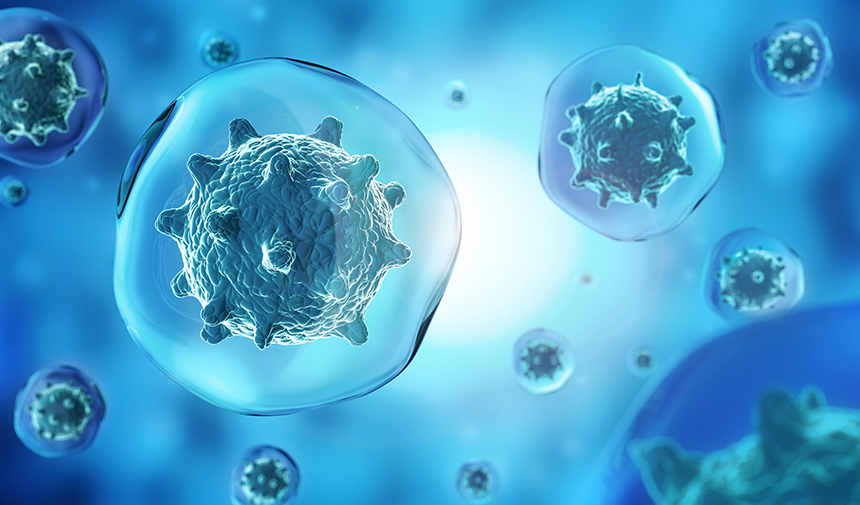Concern that a mother or father may pass on cancer to their children is often considered an important issue among parents. However, there is ongoing debate about whether cancer can indeed be genetically transmitted.
Genetic predisposition can lead to an increased risk of cancer. However, external factors such as environmental factors and lifestyle habits also play an important role in the development of the disease. Only a small percentage of cancer cases are directly linked to hereditary factors.
Scientists use methods such as genetic testing and family history analysis to determine whether cancer can be genetically transmitted. However, the results of these tests and analyzes must be considered together with other factors in the development of the disease.
In particular, certain genetic mutations, known as inherited cancer syndromes, can increase an individual’s risk of cancer. For example, mutations such as BRCA1 and BRCA2 can increase the risk of breast and ovarian cancer. However, having these mutations does not guarantee the development of cancer.
Also, even having a family history of cancer does not mean that having a family history of cancer will increase the likelihood of the individual getting cancer themselves. Environmental factors and lifestyle choices can offset or influence genetic predisposition.
Many types of cancer develop under the influence of environmental factors. Factors such as smoking, unhealthy eating habits, obesity and excessive exposure to the sun can increase the risk of cancer. Therefore, it is important to make healthy lifestyle choices to reduce the risk of cancer.
In conclusion, whether cancer is genetically transmissible is a complex issue. Genetic predisposition may increase the risk of cancer, but it is important to remember that environmental factors and lifestyle choices also play an important role in the development of the disease.



